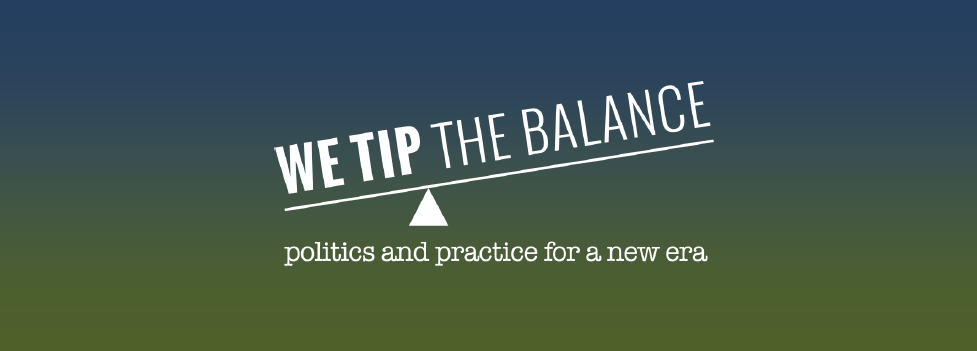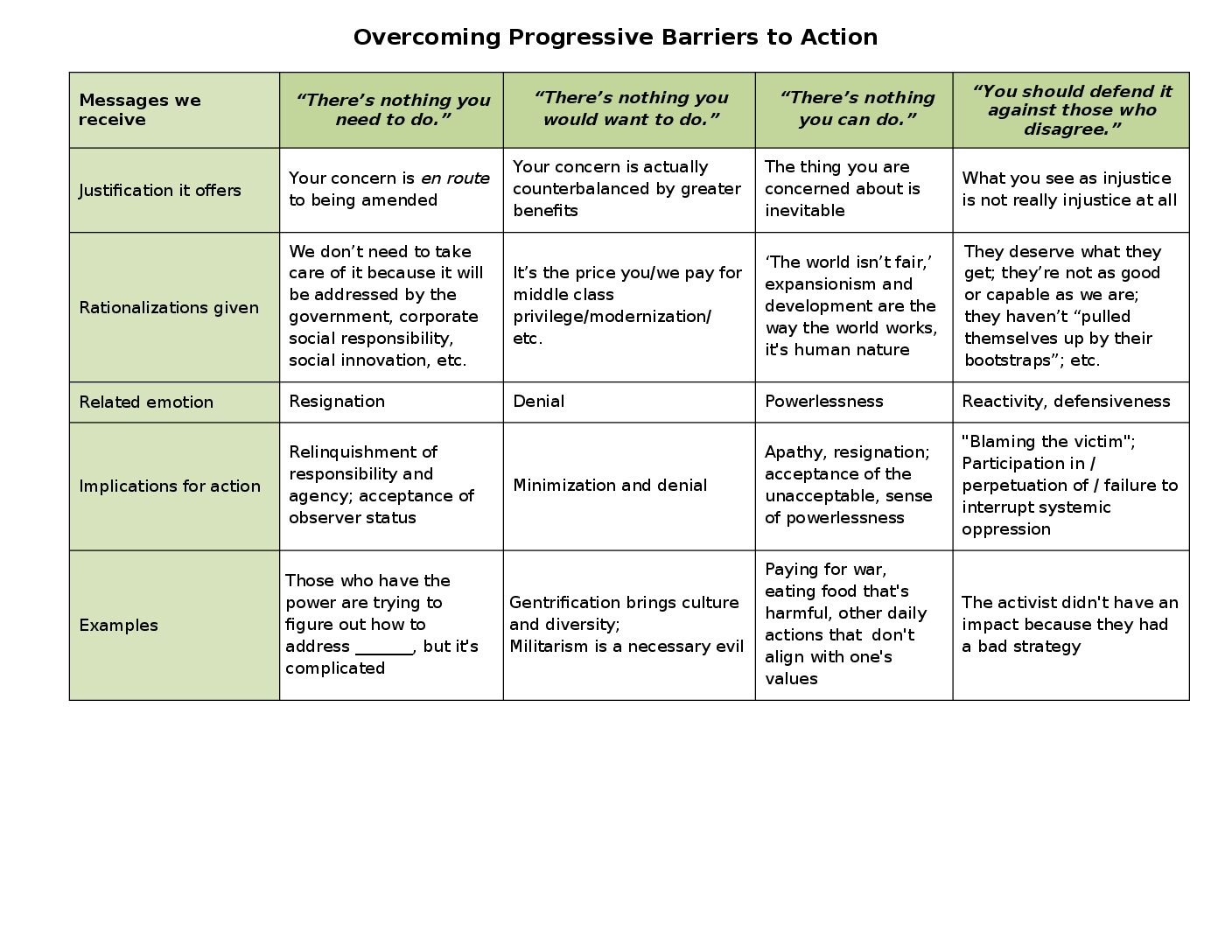For people who identify as progressive, the idea of progress has a positive connotation, or tone; it's a way of recognizing a desire for change for the better.
Progressive politics reflect an underlying belief that we can know and understand, manage (and subdue) the world. Our political system has been shaped, in part, by the idea that progress in the human condition is possible through government of policy reform.
In the current conditions of multiple crises we face, the dire needs going unmet, and the re-emergence of reactionary (accusatory, fear-based) politics, it becomes easier to see progress as, well, not making enough of the kinds of differences that individuals, communities, and we as a whole, seem to need.
We witness and/or endure increasing discrepancies between our and other people/s needs/desires/hopes and the world as it is. In fact, now, instead of making headway, we seem to be backsliding, or experiencing political regression.
But how did we get here? Before this current time of crisis, for many of us progressive politics meant relying on our political system, including our representatives in government office and the institutions through which they operate. Even when perhaps the stakes didn't feel as high, this political culture shaped - and still shapes - how we process our concern, anger, resentment, disappointment, fear etc about the human condition - the conditions in which we live, and the conditions in which we see others living. This isn't something we do only as individuals, or on our own, but also is part of our culture.
Justifications and rationalizations for our own inaction are baked into our social norms. They serve as a kind of collective coping mechanism, breeding apathy and confusion rather than agency and action, and further limiting the change that is possible.

Questions:
How do these cultural barriers keep you / me / us from acting in accordance with our values?
How do they shape and limit what's possible?
Can you think of an example of how this works for you or in communities you're a part of?
What happens for you to see these as cultural barriers rather than just "the way it is"?

